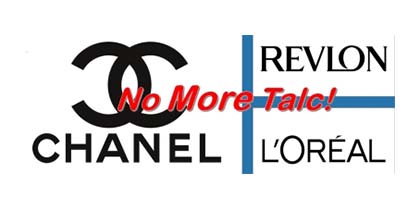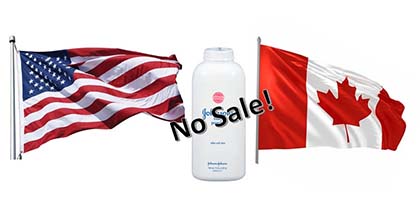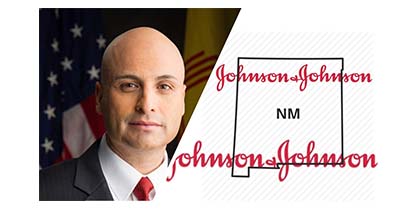WCPC on the forefront of Proving Asbestos in Talcum Powder
For many years, asbestos was associated with high-risk trades including construction, oil refining, and ship building..
In 1997, Worthington & Caron represented a 52-year-old female who was diagnosed with mesothelioma. Our initial investigation of her past for exposure to asbestos-containing products focused on industrial, commercial, and military settings without any luck. However, she worked most of her life at a massage school and she regularly used Johnson & Johnson’s (J&J) Baby Powder throughout her life.
We focused our research on the talc used in cosmetic products like Baby Powder and learned that the talc used in the powder was the same talc used for industrial products.
That same year we filed a lawsuit against J&J but their continued efforts to deny access to evidence of asbestos found in their Baby Powder were successful in having the case dismissed. J&J denied responsibility, saying that their Baby Powder was asbestos-free.
This setback proved to be only temporary. In the years that followed, we continued to bring cases against J&J for mesothelioma caused by use of J&J Baby Powder. Through hard-fought discovery battles against J&Js lawyers, more and more documents were discovered revealing J&Js longstanding knowledge of asbestos in its Baby Powder. Discovery of this crucial evidence was instrumental in our clients substantial recoveries from J&J.
News of J&Js conduct reached the public at large in 2018 when Reuters News published its bombshell investigative report proclaiming: “Johnson & Johnson Knew for Decades That Asbestos Lurked in its Baby Powder.” In 2020, J&J discontinued the sale of its talc-based Baby Powder and Shower to Shower body powder in North America.
Since then, J&J has faced thousands of lawsuits filed on behalf of plaintiffs diagnosed with cancer.
Click here to see a very long history of asbestos in talc.





